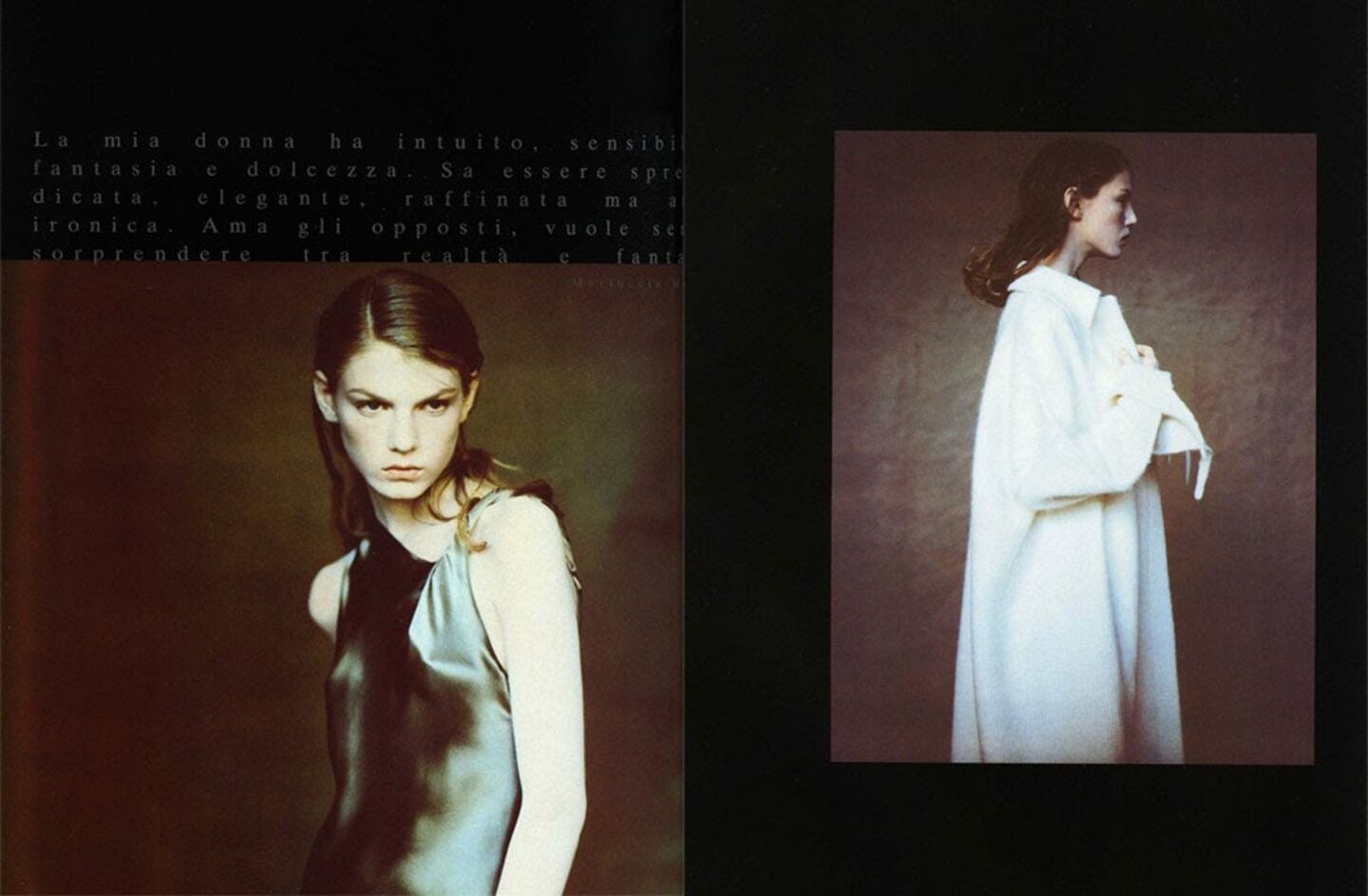
The Business of Fashion
Agenda-setting intelligence, analysis and advice for the global fashion community.

Agenda-setting intelligence, analysis and advice for the global fashion community.

"Chinese Retail Group Buys Italy's Krizia Fashion Brand" (Reuters)
“Chinese retail group Shenzhen Marisfrolg has bought Krizia, one of Italy's oldest ready-to-wear fashion brands, and plans to open new shops in Asia, the companies said on Monday.”
"China's Luxury Boom Moves to the Web" (The Wall Street Journal)
“KPMG found in a survey of 10,200 online consumers in China that the respondents spent an average of 1,397 yuan (US$229) on their most recent purchase of a ‘luxury or premium’ item, with one in six saying they spent more than 2,000 yuan on that purchase. The researchers didn’t define ‘luxury or premium,’ letting survey respondents interpret the label themselves.”
ADVERTISEMENT
"Coach Outflanking Vuitton in China With $400 Handbags" (Bloomberg)
"As Chinese shoppers get better acquainted with so-called accessible luxury brands, they're discovering a designer wardrobe doesn't have to cost them months of pay. That's helping U.S. labels such as Coach Inc., whose handbags tend to sell for under $400. It comes as many European luxury-goods makers raise their prices for some bags to more than 10 times that level in a bid to combat slowing growth."
"Male Vanity Helps Drive Cosmetics Sales in China" (Bloomberg Businessweek)
“In China, job applications typically require a résumé—and a personal headshot. The emphasis on personal appearance, both at work and in finding a spouse, has helped fuel China’s $22 billion (134 billion renminbi) cosmetics industry. And today it’s not only the ladies striving to look their best. Seventy-three percent of Chinese men in China’s leading cities told consumer research firm Kantar Worldpanel that looking good was essential for success with both women and work.”
With consumers tightening their belts in China, the battle between global fast fashion brands and local high street giants has intensified.
Investors are bracing for a steep slowdown in luxury sales when luxury companies report their first quarter results, reflecting lacklustre Chinese demand.
The French beauty giant’s two latest deals are part of a wider M&A push by global players to capture a larger slice of the China market, targeting buzzy high-end brands that offer products with distinctive Chinese elements.
Post-Covid spend by US tourists in Europe has surged past 2019 levels. Chinese travellers, by contrast, have largely favoured domestic and regional destinations like Hong Kong, Singapore and Japan.